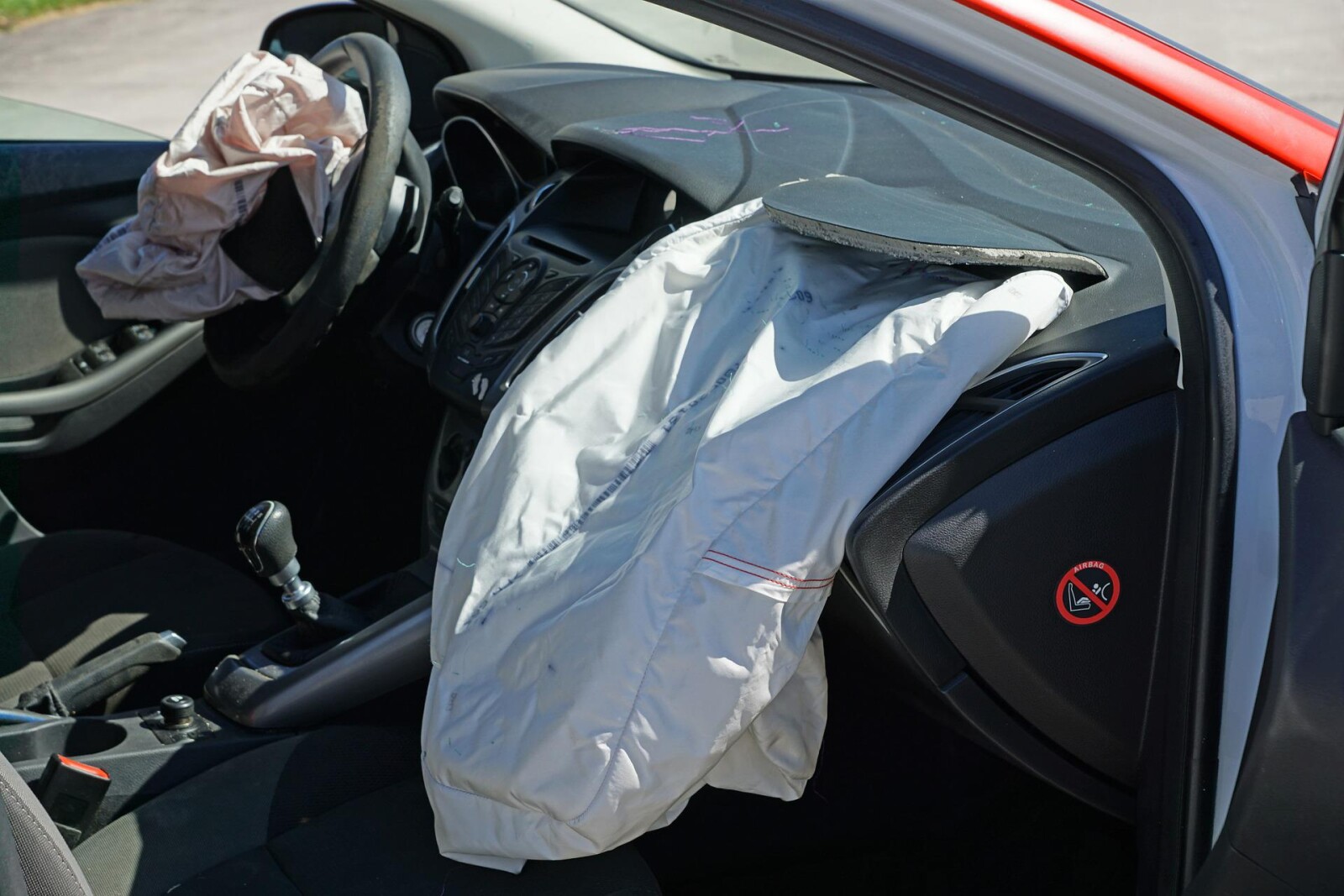BMW Is Adding Heated Seat... Subscriptions

Between streaming services on TV, online gaming services, even physical things like razors or coffee, the subscription service is the modern darling of the consumer-facing business world. It’s the perfect situation for the companies that offer one. They get to present a highly reasonable visual price to the people considering it, providing that, as is true for most people, they’d rather have a fingernail removed than do any form of math. If vampires existed, there’s no doubt in my mind that they’d offer some very reasonable monthly plans in which you attach a small amount of leeches to your body and then airmail them back to Transylvania.
I find the leech metaphor, minus the supernatural element, to apply more aptly than you might imagine, in that one is certainly never a huge problem, but if you suddenly wake up one day with 35 leeches, you are in an immense amount of trouble. Subscriptions sneak under the radar, slowly building on your bank account as you quietly repeat to yourself ad nauseum “what’s $5 a month?” until suddenly you are a gaunt, bloodless husk. A 2021 poll found that the average consumer spends 273 dollars a month on subscription services, or a whopping $3,276 a year, which is roughly enough to buy 9 Arizona Green Teas a day for a whole year. Refreshing! An even more fascinating detail is that of the poll respondents, “All of the respondents to the survey were unaware of how much they actually spent on subscription services off the top of their heads and most needed more than two tries to get close.”
Not only that, there’s also been an explosion in cool, trendy “pay-over-time” services like Affirm and the Sweden-based (as you can probably guess from the disproportionately fun name) Klarna. These are apps that use sans-serif fonts, friendly copywriting, and the term “buy now, pay later” to make you feel like you are not in fact taking out a 2-year loan in order to purchase a leather jacket. This, in effect, allows retailers of hard, physical goods a path of mental gymnastics in order to effectively offer a subscription option on watches, jewelry, et cetera. Of course mortgages and leases have been around forever, though the first of those is even dying out as real estate realizes they don’t ever actually have to hand over their property because, well, people who need to live inside don’t have a whole lot of leverage.
Don't Miss
None of it is too surprising, and in honesty, it’s impressive in the blood-soaked way that would make bankers laugh at a white-tablecloth lunch. Income inequality and, lately, inflation, have left whatever we’re calling “middle-class” consumers with less liquid spending money than ever. However, to increase wages and salaries on these consumers would, of course, negatively impact the profits and overhead of these same companies. Therefore, the solution is to proffer in hand, outstretched with a grin, a virtual piggy bank that paycheck-to-paycheck masses can drop one of their hard-earned quarters in each week in order to own the same items their bosses can buy for their mistresses without a second thought.

Of course, there’s a limit to these asks. Push your subscription fees even a dollar too high, as Netflix recently learned, and you risk shattering the entire facade, causing all your supplicants to suddenly awake from their stupor like a very broke Neo covered in goo. Hell, even kidnappers have to think about the feasibility of a ransom request. On the other side is the question of, what can you slap a subscription service onto before people start to question it? How many straws can you stack on a consumer’s back before they go, “Woah, my spine kind hurts.”
BMW, it seems, has decided to plumb those depths. Articles cover a recent new… I’m not sure what to call it. Program? Purchase option? Gleeful middle finger? Whatever the correct nomenclature is, BMW has attempted to board the Money Train by offering BMW owners a subscription–to the heated seats that are already installed in the car they have purchased. If you own a BMW, and should you like to sit in the gentle warming lap of luxury, you can now do so in multiple countries, including the United Kingdom, for the low, low price of $18 a month.
You may be wondering something, even though it may seem obvious. Because surely, to do that would be so bald-faced that they wouldn’t make it that clear. But yes, I am here to tell you, all of the cars are fully outfitted with everything they need to heat those comfy seats. And yes, as part of a removed, self-reliant system, heating those seats transfers absolutely zero cost to anyone beyond the person who owns the car and the battery under the hood. BMW has just, while looking directly into our souls, installed a software block in the cars that says “ATTENTION CAR: do not activate heat this poor serf’s seat until they pay their monthly tithe to the Car Lord.”
A BMW spokesperson did give a statement, as follows: “ is part of a global aftersales strategy that BMW has introduced in various markets around the world, including on a small-scale basis in the U.S.” Which is like asking someone, “Why are you pissing on my head?” and them answering “Me urinating on your head is part of a personal piss strategy I have introduced to your head.” Thanks for the clarification!
Heated seats are one thing, but even more incredibly, there are actual SAFETY OPTIONS locked behind these same programs in some cars. Want a safety camera? Further control options for your high beams? Simply connect your VISA card to your BMWid, or whatever the dumb name for it is, and rest easy knowing you are safer than someone who paid less.

It’s a bit strange that of all car companies to introduce something like this, a luxury producer like BMW would employ it. The type of people who own new BMWs would be, you’d assume, flush with plenty of cash to pay a measly fee every month. So I suppose we’ll have to assume this is basically an underhanded way to add a couple dozen bucks a month to Uber drivers and people who already entered predatory and/or ill-advised lease agreements.
The “strategy” has inspired a huge consumer backlash and a flurry of incredulous articles, which is what businesses refer to as a “negative response.” Weird, you’re telling me people are upset that you paywalled their car? But if people spend the money, BMW will happily take a momentary PR hit. And I guarantee you other car manufacturers are watching closely from a safe distance. BMW owners, you alone hold the key to preventing a large pair of automaker balls from resting on the chin of the public. Save us.